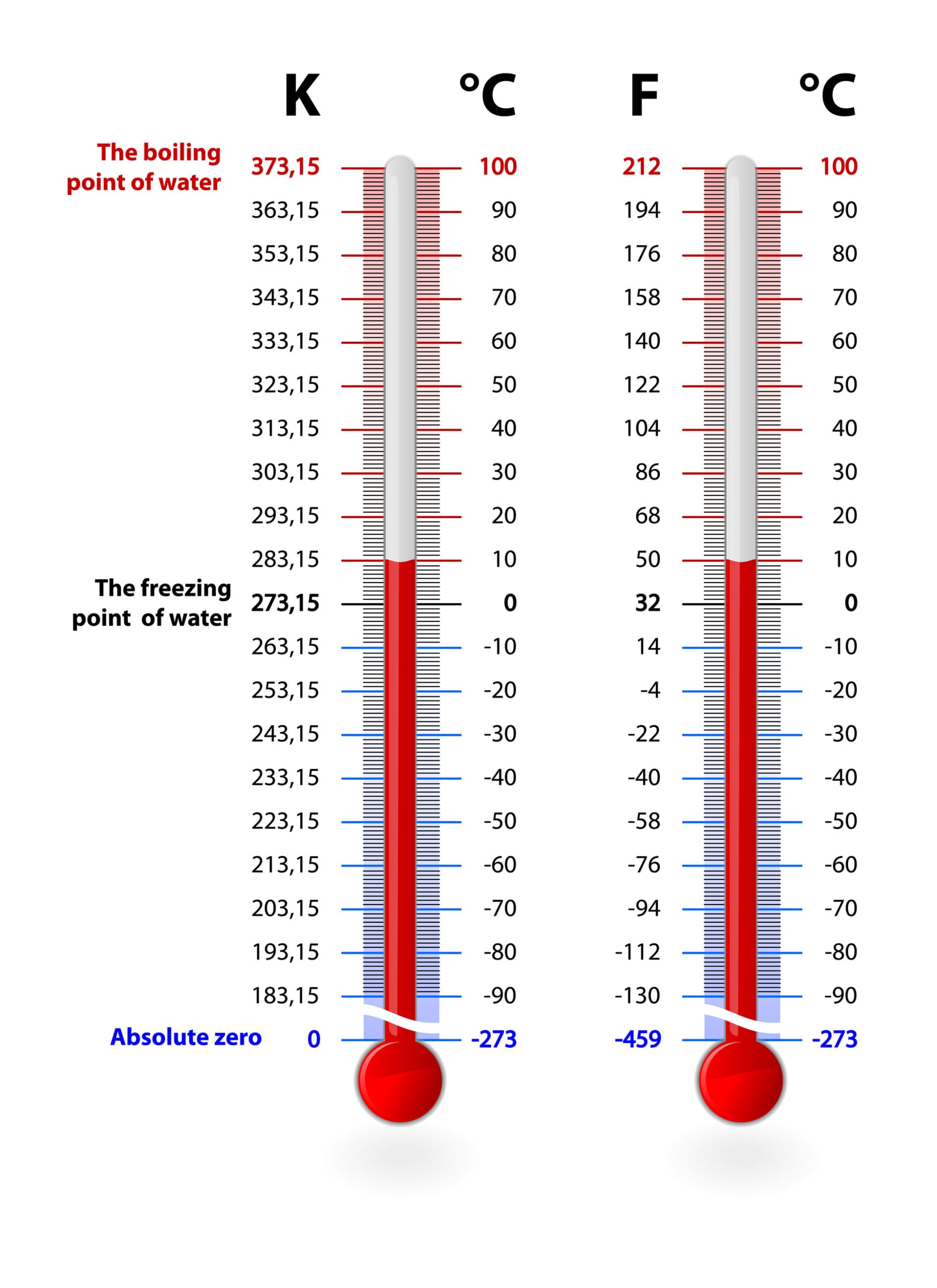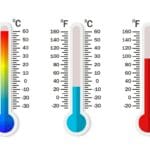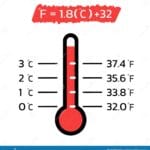Ever glance at a thermometer or weather report and wonder, “What does 36.5 Celsius even mean in Fahrenheit?” You’re not alone! Understanding this conversion can be particularly important when it comes to something we all experience: body temperature.
Decoding 36.5°C: Your Body’s Internal Thermostat
The human body is a remarkable machine, constantly working to maintain a stable internal environment. A key indicator of this balance is your body temperature. While 37°C (98.6°F) is often cited as the “normal” body temperature, it’s essential to remember that this is just an average. Factors such as age, activity level, time of day, and overall health can cause slight variations.
So, where does 36.5°C fit into the picture? This temperature, equivalent to 97.7°F, sits slightly below the average. While not necessarily a cause for concern, it might indicate a slightly lower baseline temperature for an individual.
Celsius to Fahrenheit: A Simple Conversion
Converting Celsius to Fahrenheit is easier than you might think! The formula is:
°F = (°C × 9/5) + 32
Let’s apply this to our example:
(36.5°C × 9/5) + 32 = 97.7°F
This simple calculation allows for easy interpretation of temperatures in various contexts, from weather forecasts to scientific data.
Is 36.5°C a Fever?
A common question that arises is whether 36.5°C constitutes a fever. The answer is no. A fever is generally defined as a body temperature of 38°C (100.4°F) or higher.
Several factors can cause fluctuations in body temperature. These include:
- Time of day: Body temperature tends to be lower in the morning and higher in the evening.
- Age: Children and older adults may have slightly lower average body temperatures.
- Physical activity: Exercise naturally raises body temperature.
- Menstrual cycle: Hormonal changes during a woman’s cycle can influence body temperature.
- Measurement method: Oral, rectal, and underarm temperature readings can vary slightly.
When to Consult a Healthcare Professional
While a temperature of 36.5°C is generally not a cause for alarm, it’s important to pay attention to how you feel. If you experience symptoms such as chills, sweating, fatigue, or body aches in conjunction with a temperature variation, it’s best to consult a healthcare professional. Additionally, if you have any underlying health conditions or are taking medications, it’s crucial to be aware of how these factors might influence your body temperature.
Understanding Temperature: Beyond the Numbers
Understanding temperature scales and conversions empowers individuals to make informed decisions about their health and well-being. Whether you’re interpreting a weather report, following a recipe, or monitoring your body temperature, a grasp of Celsius and Fahrenheit equips you with valuable knowledge.
Want to know how hot is 98.6°F in Celsius? Or how hot is 36.7°C in Fahrenheit? Click the links to convert temperature with an easy-to-use calculator!
















